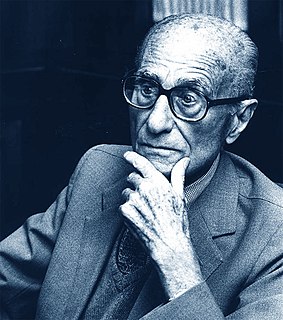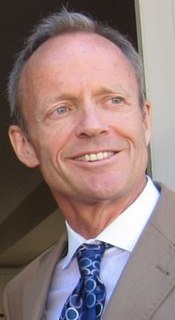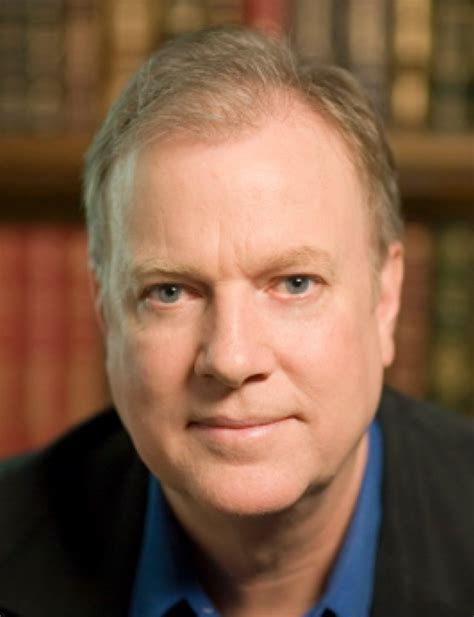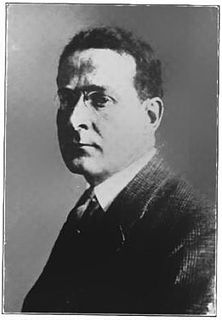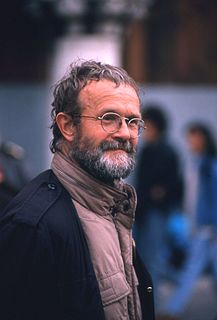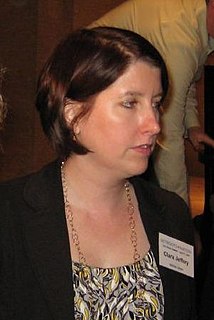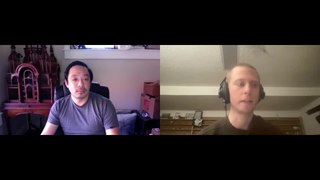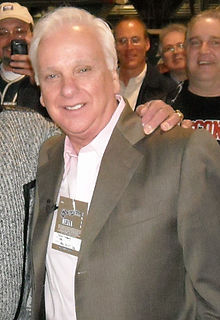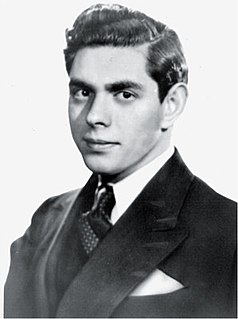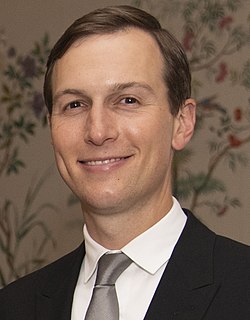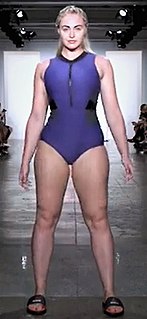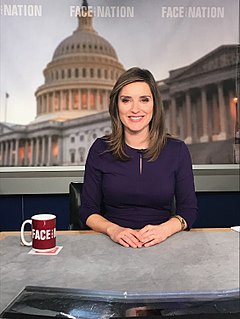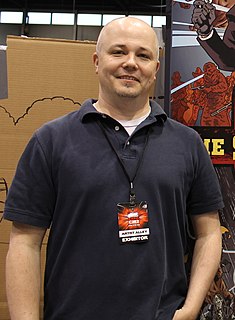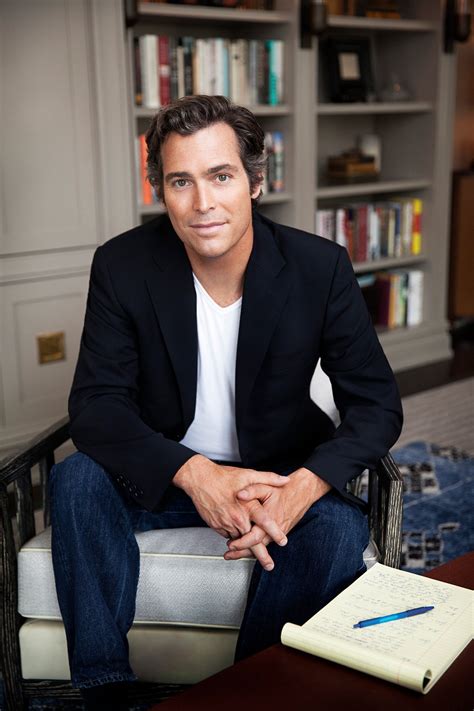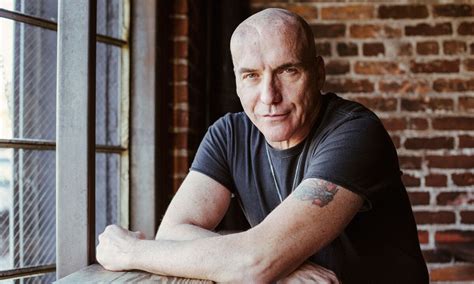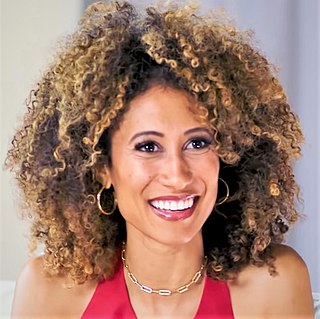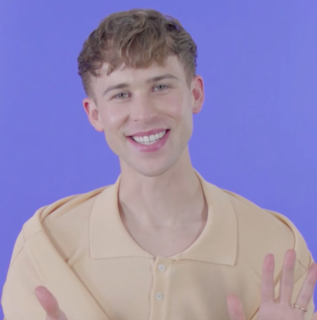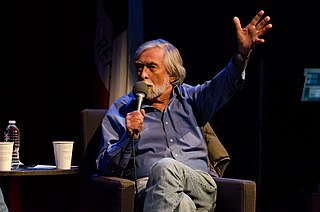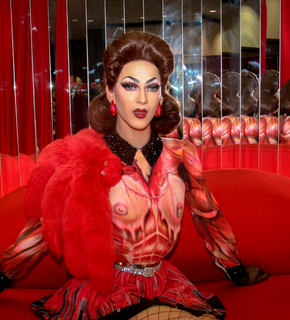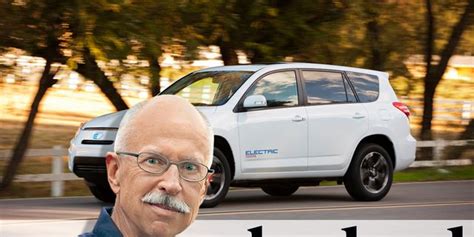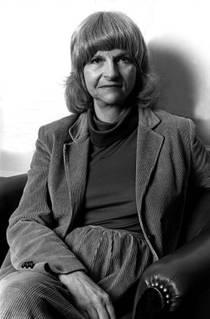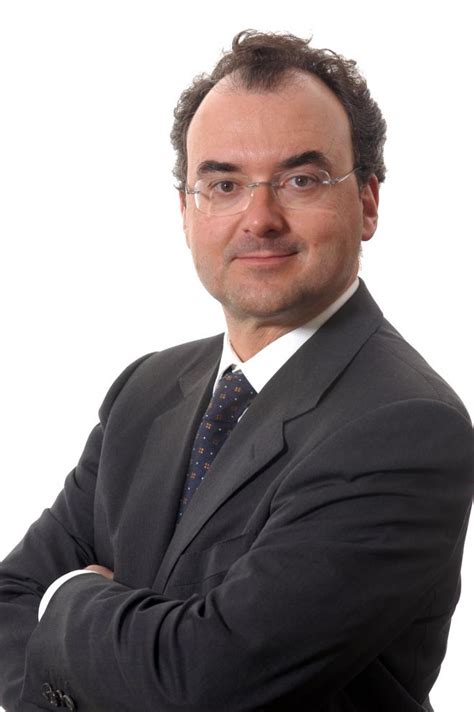Top 292 Editorial Quotes & Sayings - Page 4
Explore popular Editorial quotes.
Last updated on April 15, 2025.
I really do think we're going through a period of concentration of ownership of media, and we're starting to see the effects at the editorial level, and it's all bad. This increased pressure for profits every quarter, smaller news hole, less coverage of important stuff - the extent that it's become one giant infotainment industry.
If I feel that I'm not able to do my best work - whether that's my own fault or as a result of an editorial situation - then I need to stop doing it. I would rather not do something than do it badly or ineffectively. It's the only way I can live with myself and do right by the fans in the long haul.
You turn on the news, there're no facts anymore. 'Here's what's happening today,' and then you cut to thirty minutes of people in little boxes, little windows, telling you their opinions on it. It seems like all the news is going on in the ticker-tape on the bottom of the news. It's all opinion, it's all editorial.
When you receive national recognition for leading the nation's toughest crackdown on illegal immigration and serving as Donald Trump's Virginia State Chairman, you get used to being falsely labeled as racist and xenophobic by the mainstream media, especially by 'The Washington Post''s editorial board, which has labeled me as such things for years.
I have really been fortunate, incredibly privileged, to have done so much editorial work, and I would love to do more. But just as my editions have tried to balance the familiar with the new, the commercial with the scholarly, so too I have to admit that I don't want to do editing for the sake of it, and some possible projects would be of uncertain value to me.
One question about a joke is, how well is the strangeness of the situation resolved? At 'The New Yorker', we retain a lot of incongruity, tapping the playful part of the mind - Monty Python-type stuff. We also try to use humor as a vehicle for communicating ideas. Not editorial comment, but observation.
I remember I took an editorial, and I was so excited. I got the pictures back, and I looked in the magazine, and I was like, 'Oh my gosh!' My arms were half their size, and I had a thigh gap magically, and all these crazy things. My family went out and tried to find my pictures in the magazines, but no one could recognize me.
Much of the big media outlets in North America are owned by arms manufacturers, like Westinghouse, or G.E. [General Electric]. That's unacceptable. So we're not getting editorial policy, we're not getting a vision of truth. People just don't know what is going on anymore, and that's really dangerous stuff.
I grew up at NBC and started there right out of college. I learned producing and booking. I was on MSNBC, 'Today' and 'Nightly.' I knew everyone from every level of the company. That was a comfort level. I had a personal relationship with a lot of the editorial leadership there. It wasn't easy to leave.
Of course it's contrived, but once you know how its contrived, you can understand the editorial viewpoint. CNN, for example, when you see where they're really coming from, you can subtract their bias, and get some sort of facts. Sometimes the amount of bias that is imposed in these things is so laughable that it gives you an extra layer of entertainment.
I believe "human sexuality" is one of the most ridiculous aspects of being a human, and here I was, facing publications whose prevailing editorial slant sought to portray our basic rutting instincts as something "ennobling" and "empowering," to depict women who were fundamentally whores and predominantly unstable as "sex workers" and "goddesses."
I joke that I've always had this sort of insatiable 'big sis' complex - which is odd given that I am the baby of the family with no sisters! It's the reason I have such a powerful desire to connect with girls and encourage them. So, it's a natural fit for me to have a job that's like the editorial version of an older sister to a million girls.
The media is tremendously important for all governments that are able to communicate through the it. It doesn't mean there is a balance of editorial opinion that favors what you are doing or that the opposition doesn't have its voice, but you have to be able to effectively communicate your story through the media.
When it is my editor telling me how to rewrite a story, I listen and do what she asks because I have learned that I get a better book in the end. I can't say I'm happy when I read that editorial letter. It is always a little painful and scary. But I have learned that - bit by bit - I can make the changes and do the work.




